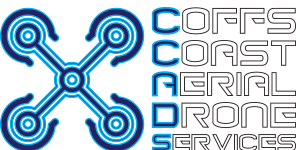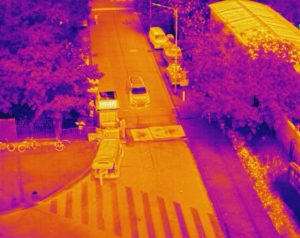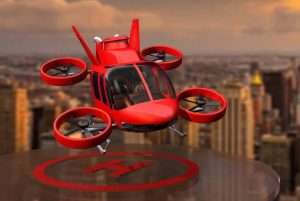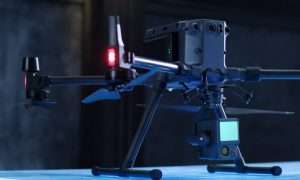What is LiDAR? (Light Detection and Ranging)
Our ever growing fleet now gives The Coffs Coast LiDAR coverage by drone, I am so very excited to discuss this further along with it capabilities but first. What is LiDAR?
LiDAR stands for (Light Detection and Ranging) and has been a measuring tool by scientists for many years. Scientists used LiDAR to accurately calculate the for the first-time distance of the moon from earth, (excluding the mathematical explanation of Aristarchus of Samos in the fourth century BC) they shot a laser beam at the moon and recorded the time it took for the beam to return to earth. From this they were able to apply the speed of light (299,792,458 meters per second) to these findings and calculate the distance.
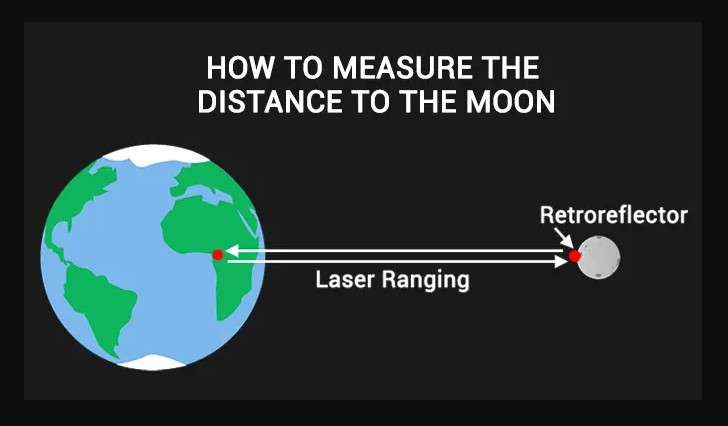
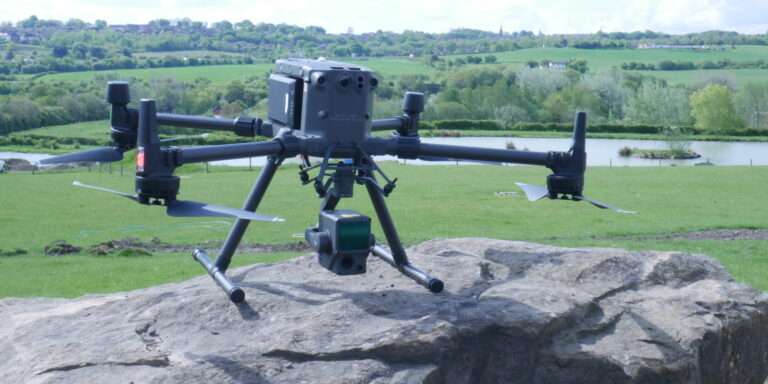
LiDAR is perceived by many as a recent technology, but it is often present in our everyday lives. Hiding in the bushes by the side of the road is Officer Plod from the local highway patrol holding something that resembles a hairdryer. However, that hairdryer uses LiDAR to determine the speed you are traveling. Robotic vacuum cleaners navigate our homes using LiDAR to avoid running into the lounge, tables, and chairs. Elon Musk’s Tesla vehicles use LiDAR to determine the distance of objects that are in the vehicles path and Surveyors have been using LiDAR to plot perspective road routes for several years.
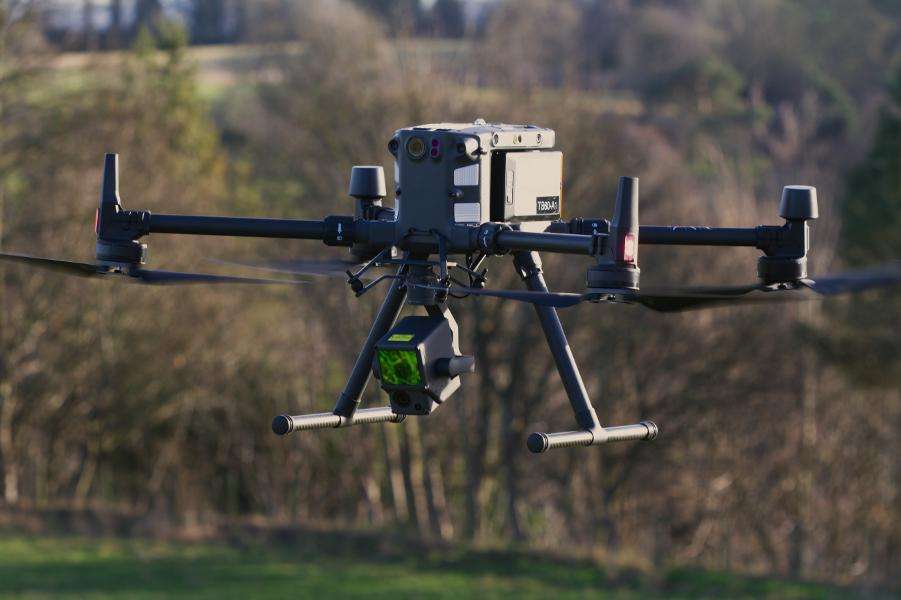
LiDAR is starting to be used by many different industries and the use of LiDAR in aviation and specifically RPA is increasing. Operating the RPAS, a remote sensing technology that provides accurate and detailed data via the use of rapid laser pulses to map out surface area. LiDAR shares the same basic principles as RADAR (Radio Detection and Ranging) except RADAR uses radio waves to detect objects and determine range, angle, and/or velocity and LiDAR uses rapid light pulses.
The accuracy and detail achieved when using LiDAR is greater than RADAR because the lasers used with LiDAR have a much lower wavelength than the radio waves used by RADAR. This lower wavelength provides greater accuracy and precision, enabling the detection of smaller objects and details. With the information gained from these high-resolution images and data, 3D illustrations can be recreated. LiDAR’s capabilities can provide information vital for producing high resolution digital surfaces, terrain and elevation models used for geographic or scientific applications.
Welcome to LiDAR Coffs Coast Aerial Drones
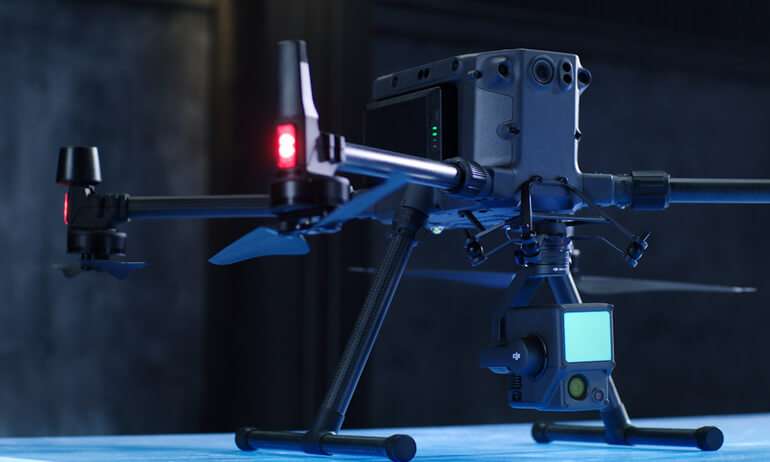
Coffs Coast Aerial Drones can provide LiDAR RPAS as a service. Our system comprises of the DJI Matrice 300 RTK and a Zenmuse L1. The RTK complete with the D-RTK2 base station provides a level of accuracy on par with that of a professional surveying status. The Matrice 300 is DJI’s Industrial flagship RPA, dependable with good flight duration and it integrates seamlessly with the Zenmuse L1 LiDAR payload. The L1 boasts specifications like a vertical accuracy of 50mm and a horizontal accuracy of 100mm over 1000meters. The integrated 20MP 1 Inch CMOS RGB mechanical shutter camera, overlays colour to the 3D point cloud output but it can also be used as a stand-alone sensor for photogrammetry. The L1 has a point rate of 240,000 pts/s and supports 3 returns with a detection range of 450 meters at 80% reflectivity. The module has an ingress protection rating of 54 (IP54) to protect the sensors as well as its own internal high accuracy IMU in rainy or foggy environments.
Suitable applications for the RPAS are vast and can adapt across many industries. Below are some examples of assignments where LiDAR has been utilised.
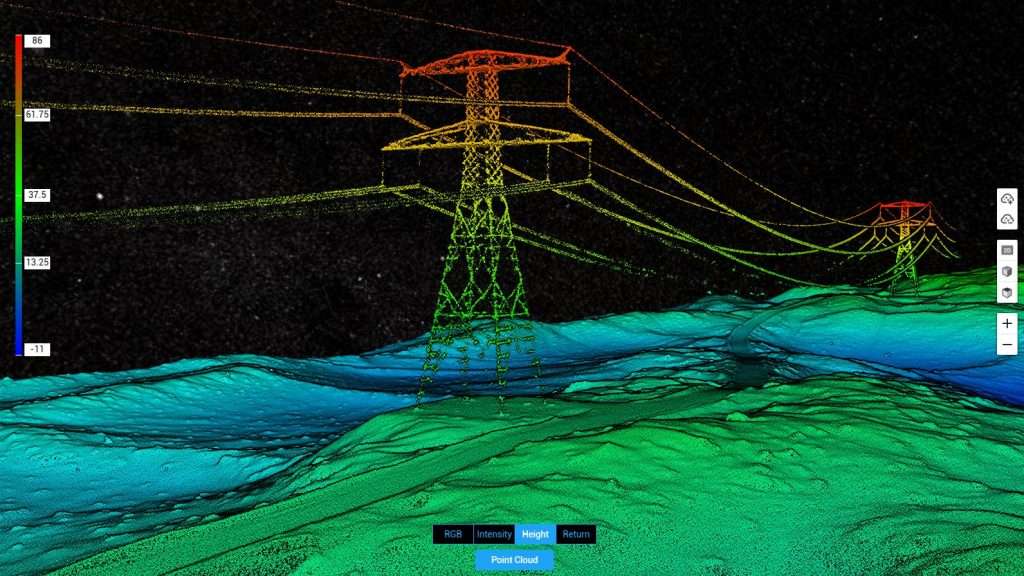
- Precession forestry/forest metrics for planning, monitoring growth, biomass, fire management and classification (size, type, and height).
- Topographic and surveying applications such as planning and development.
- Digital Surface Mapping (DSM) with accurate terrain annotation.
- Agriculture and soil profiling (when used in conjunction with multi-spectral).
- Environmental assessment.
- Ecological and land classification (water management, flood modelling and landslide identification).
- Energy and Infrastructure (model sparse or complex structures in detail to manage efficiency and safety).
- Architecture and Building Industry to gather terrain information and export into CAD, building development, stockpile metrics (more accurately than photogrammetry).
- Forensics and accident investigations (recreate an accurate scene and add measurements and notation).
- Gas and pollutant measurements in water or air.
- Emergency Response with timely and critical insights with real time, true colour point clouds.
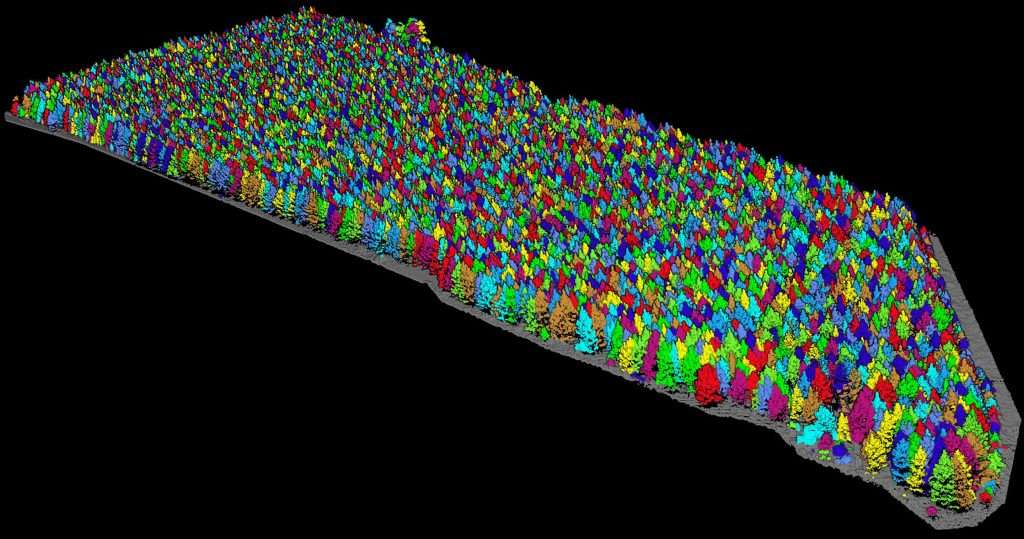
Our first operation was undertaken with our newest RPAS required us to scan public assets with heavy vegetation (forest tree canopy) in conjunction with National Parks and Wildlife Services.
The Brief
To acquire and process data to form a representation of ground level terrain contours, classify all obtainable forest metrics, classify buildings and structures, and export the data via a file format compatible with a CAD program.
This information and dataset obtained will be used to develop and plan any upgrades to the sites assets resulting in better facilities for the public and obtaining a monitoring base point for comparison scans in the future. The dataset assists with the planning and management of older growth trees, aiming to avoid or minimise unnecessary felling of the 50–100-year-old trees. This was an intensive task-based brief with large volumes of data to process, it involved a variety of different processing platforms along with the use of multiple code/language based CLI’s such as Python and C++ Although challenging at times this experience was an invaluable learning curve for the whole team at CCADS and showed us the true diversity of information that can be obtained with LiDAR.
This brings me to my last point, operating a drone with an expensive payload such as LiDAR RPAS is not difficult. Obtaining and sensing the data is not difficult, what is difficult is achieving the requested output for the client. This is where CCADS excels, our combined experience working with GIS software like QGIS, LidR, GRASS and other Python or C++ based programmes is where the difference is made in providing a solid dataset for our clients.
For more information simply fill out the form below, email or phone to contact one of our helpful team and find out more about how we can make your workflow more efficient and safer.
